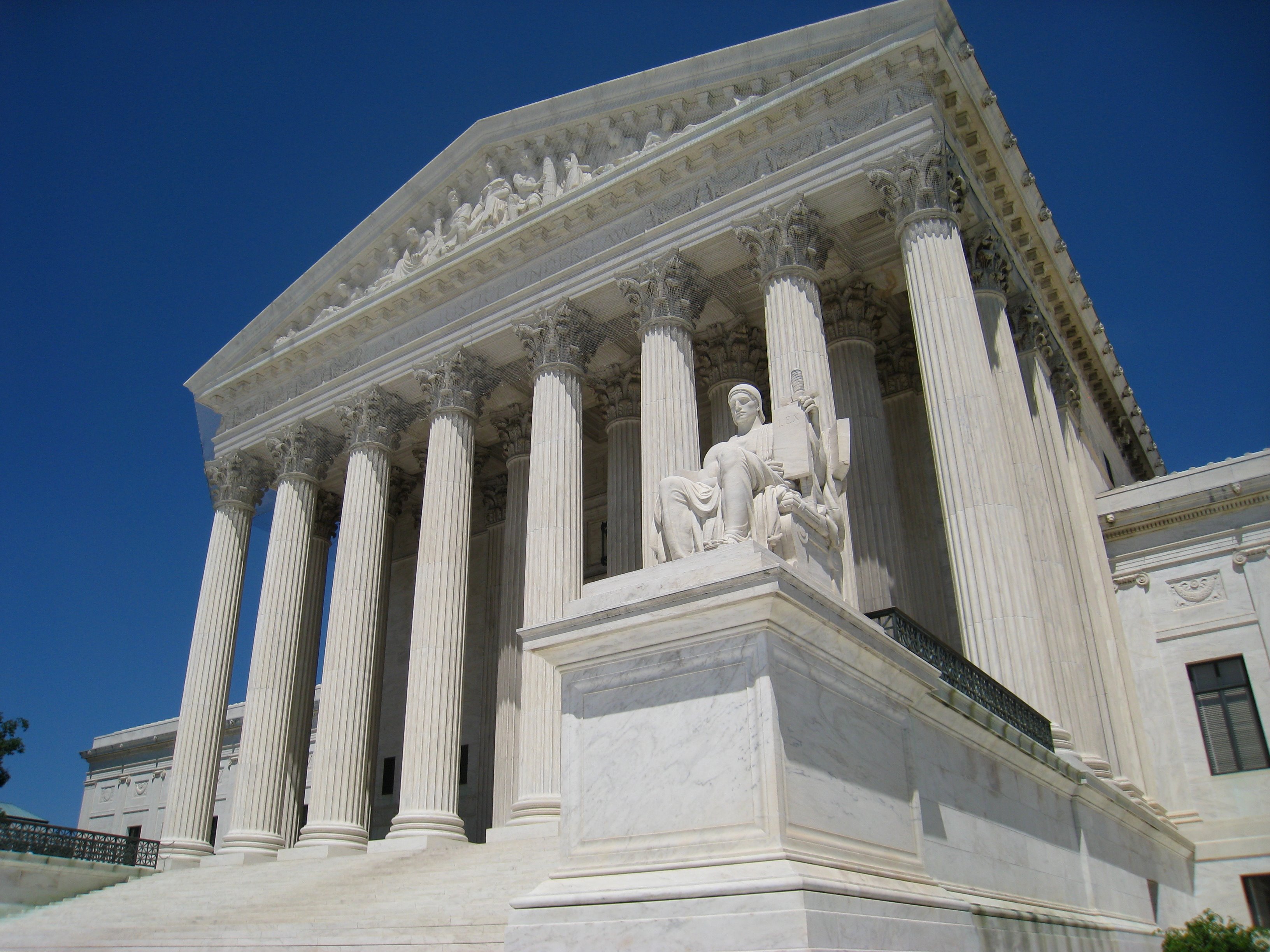Advocates seek to calm fears
by Mark Hedin
Ethnic Media Services
The fight over the Trump administration’s effort to change the “public charge” rule continues, advocates gathered on a teleconference call for ethnic media on Jan. 31 agreed, despite a Supreme Court ruling earlier in the week that lifted an injunction blocking its implementation.
The changes instruct the Department of Homeland Security to begin applying tougher standards in considering applications for green cards or for visas to enter the United States. Those standards are now set to take effect on Feb. 24, the Citizenship and Immigration Services agency announced on Jan. 30.
The Supreme Court decision did not rule on the merits of the case. Rather, it found that a lower court had overstepped its authority in October by issuing a nationwide injunction against the proposed changes scheduled to take effect that month.
At the press briefing, Congresswoman Judy Chu of California’s 27th District, along with Mayra Alvarez of the Children’s Partnership and lawyers Alvaro Huerta of the National Immigration Law Center and Madison Allen of CLASP, the Center for Law and Social Policy, discussed the implications of the court’s decision, gave suggestions on what steps people should or shouldn’t take if they’re concerned about how the new rules might affect them, and described what responses their advocates are planning, too.
“Our goal today it to help calm fears,” Chu said.
“The lawsuits to stop this are not over,” Huerta said, citing ongoing cases in California, New York, Illinois (the one state where an injunction blocking implementation of the rule remains in place), Maryland and others.
“These cases aren’t going away,” he said, echoing Chu’s vow that, “I am committed to fighting back.” Chu has introduced legislation in Congress, with 118 co-sponsors, to deny funding for implementation of the rule.
On Jan. 30th, USCIS announced that the agency will only apply the Final Rule to applications and petitions submitted on or after Feb. 24, 2020 (except for in Illinois). DHS will NOT rely solely on an immigrant’s receipt of the newly listed benefits before that date in the public charge determination.
In terms of practical advice for those planning to apply for a green card, a visa to enter the United States or to change their status, the panelists agreed that doing so promptly, ahead of that Feb. 24 date, is advisable. They also warned that people in the country who already have green cards and are thus exempt from public charge assessments should be careful about leaving the country for more than 180 days, as their return would become subject to public charge testing.
Allen, after “strongly encouraging families to learn more,” highlighted four things to remember about public charge rules:
1) “Use of benefits will not automatically make you a public charge,” she said.
2) There are positive as well as negative factors that will go into the consideration of green card applications under the terms of the public charge test. For instance, having resources or a job can help. Other considerations include an applicant’s age (between 18 and 61 is best), health, income, assets, resources, education and family.
3) Use of many benefit programs would not count against an applicant. These include but are not limited to WIC, CHIP, school lunches, health care for pregnant women, and emergency shelters.
4) A family member’s use of public benefits will not count in how an applicant is judged.
“Information is power,” Allen said. “We encourage you to get the facts and make a plan.” For legal advice, which the panelists all strongly recommended people seek, she suggested the Immigration Advocates Network’s list of free legal services: https://www.immigrationadvocates.org/legaldirectory/.
A key criticism of the proposed rule changes is that families will forego public benefits they need and to which they’re entitled, thus endangering themselves and their children, out of caution and exaggerated worry.
“The scope is much narrower than feared,” Huerta said.
But in all cases, the panelists said, it’s prudent to get legal advice. “Get an assessment by an attorney,” Huerta said. “We have to arm ourselves with facts.”
Allen directed listeners to an online FAQ that addresses public charge rules concerns. It’s published by the Protecting Immigrant Families campaign, of which she is a part: https://protectingimmigrantfamilies.org/know-your-rights/.
She also urged people to contact local, state and federal officials to make their positions clear on the proposed rules changes.
Álvarez, criticizing the White House administration’s “relentless attack on immigrant communities” and its “inhumane approaches to immigration” said the proposed public charge rule change and the fears it has stirred up “hurt children’s ability to develop and thrive,” and threaten the country’s long-term economic viability.
Chu, too, had spoken out about the disinformation that fuels the “steady stream of anti-immigrant policies emanating from the White House.”
These policies “disproportionately affect people of color,” she said, and make family reunifications more difficult. So as a society, we lose the common circumstance where immigrants bypass benefits because they are welcomed and helped by family that can provide child care, loans and more.
“The strength of our country is reflected in its diversity,” Álvarez said.



